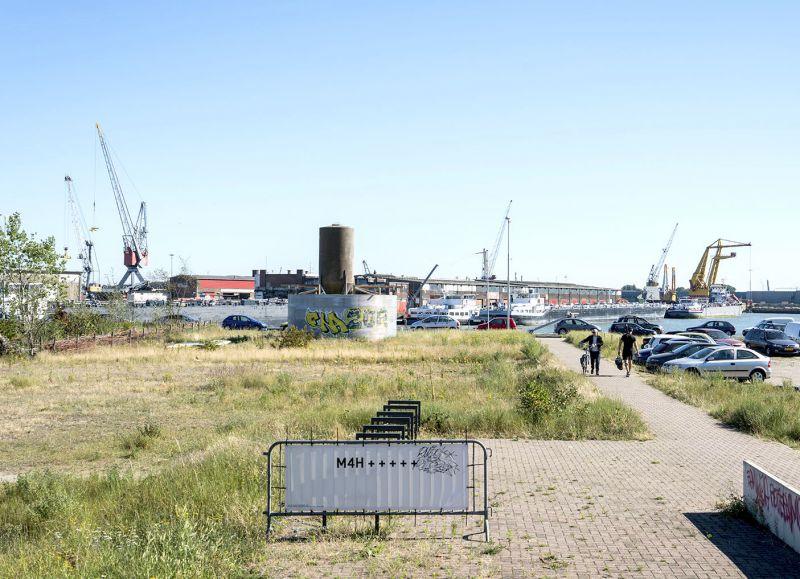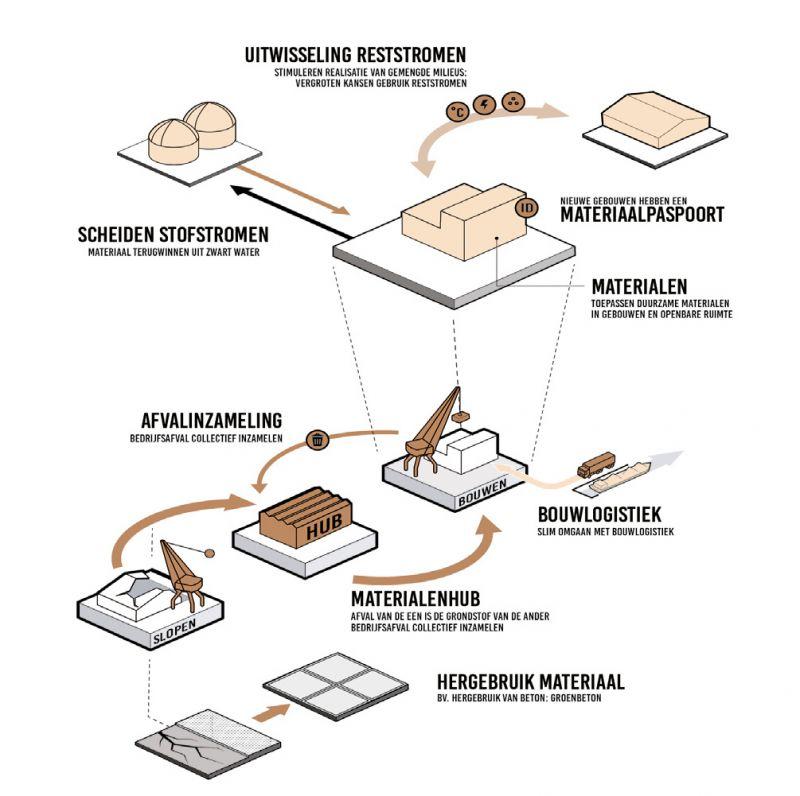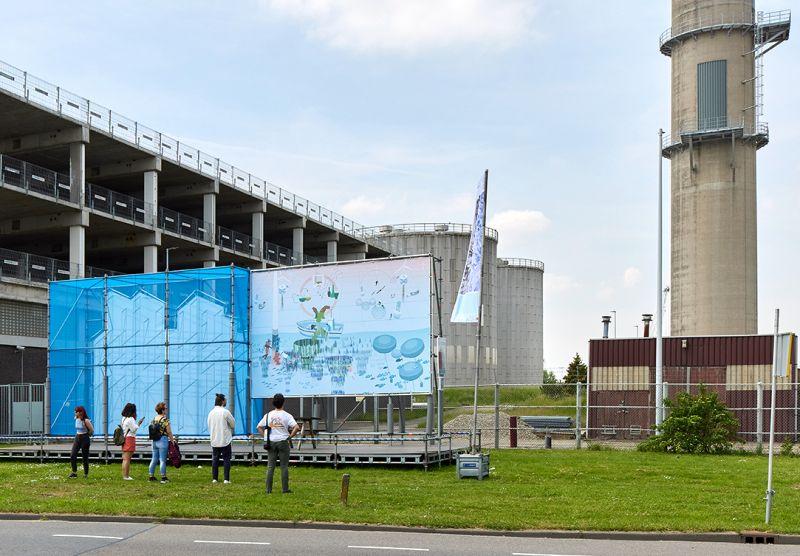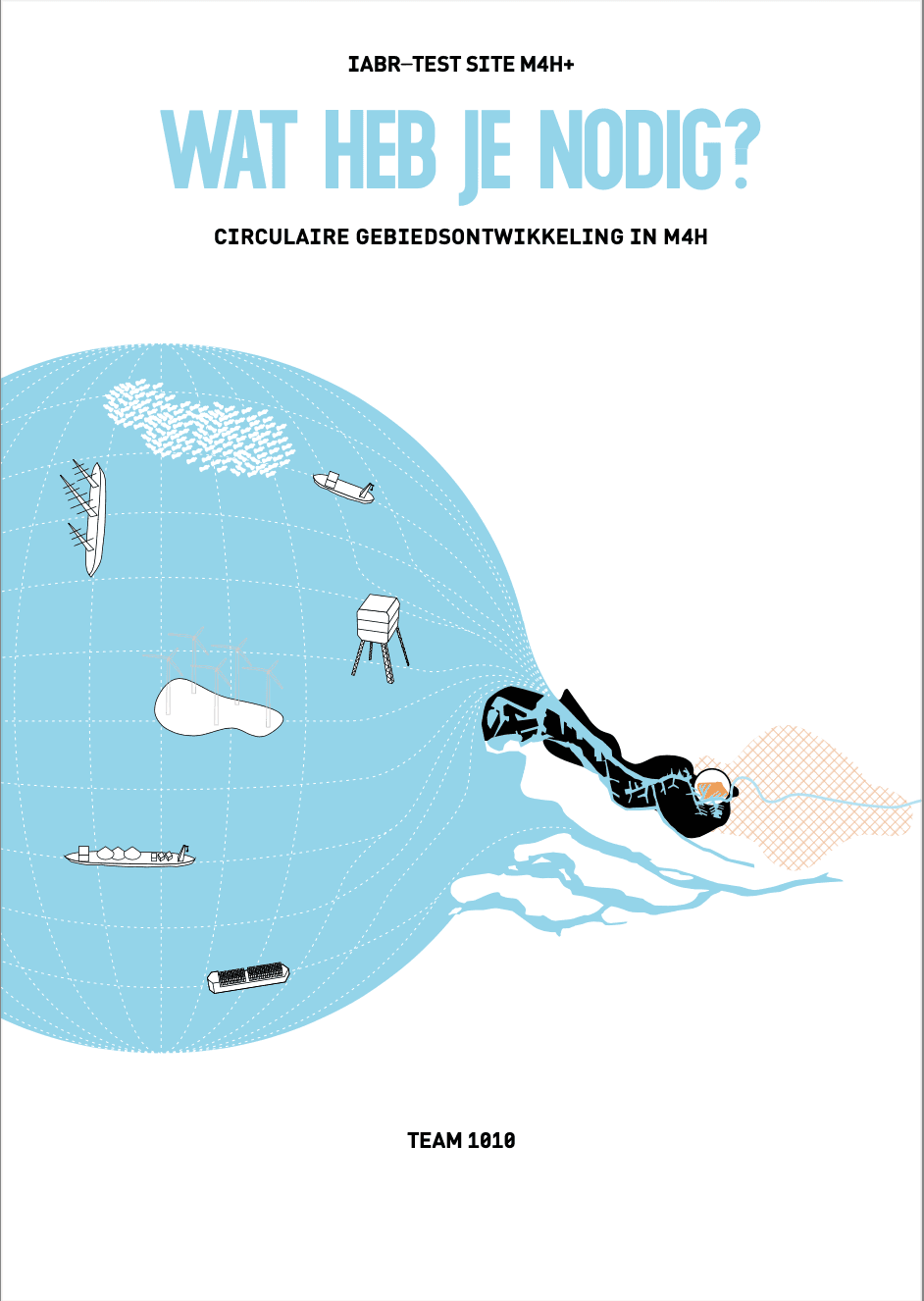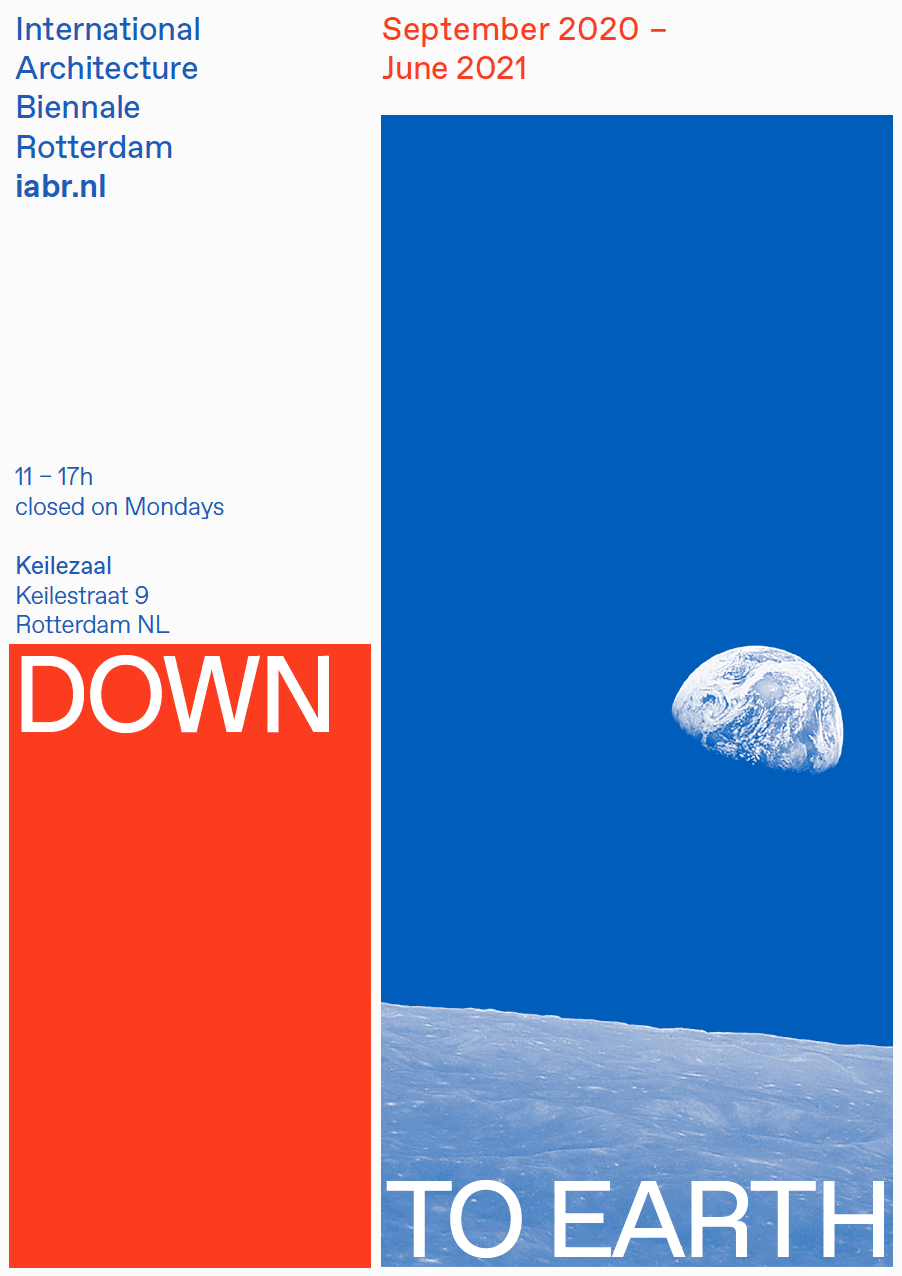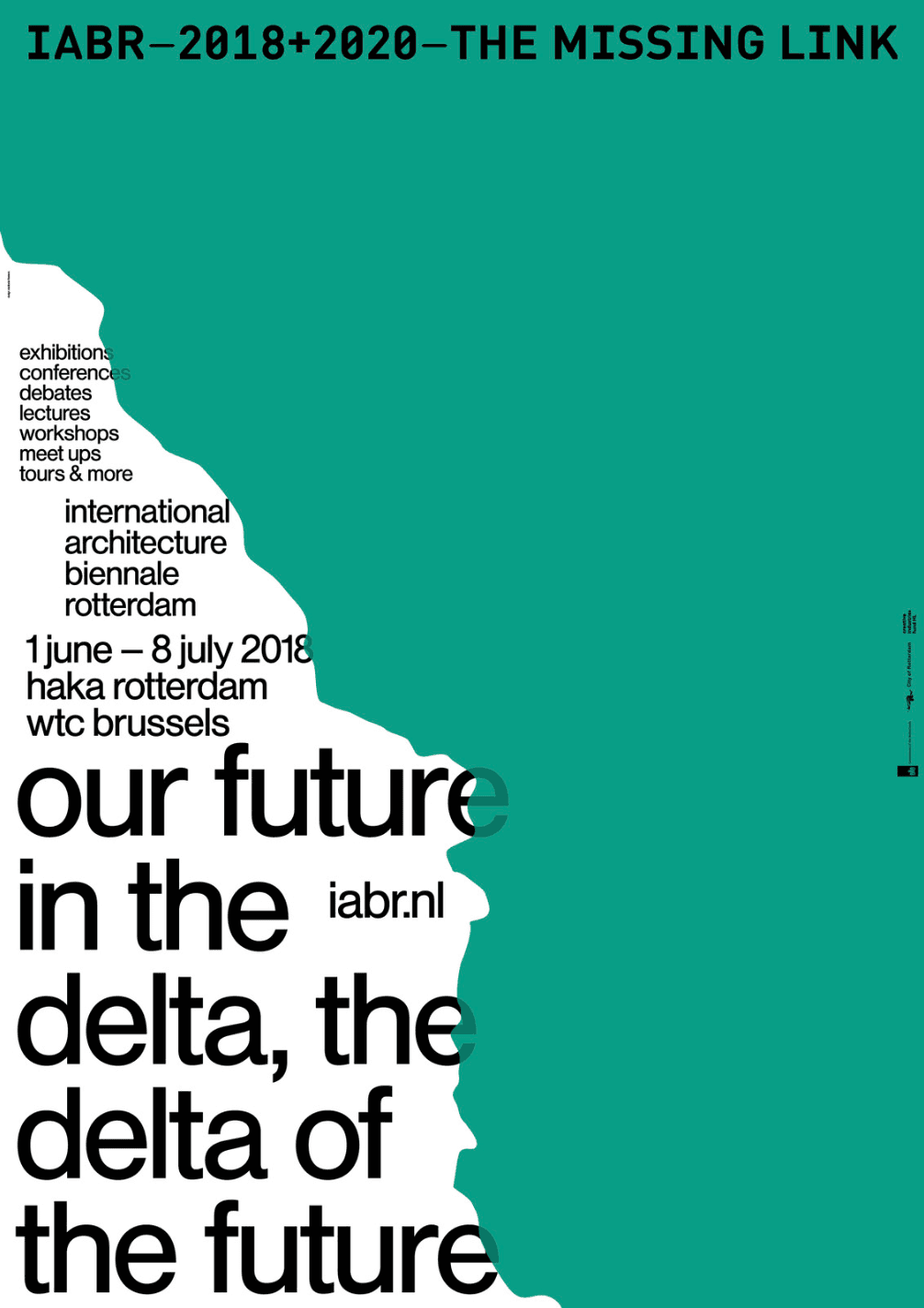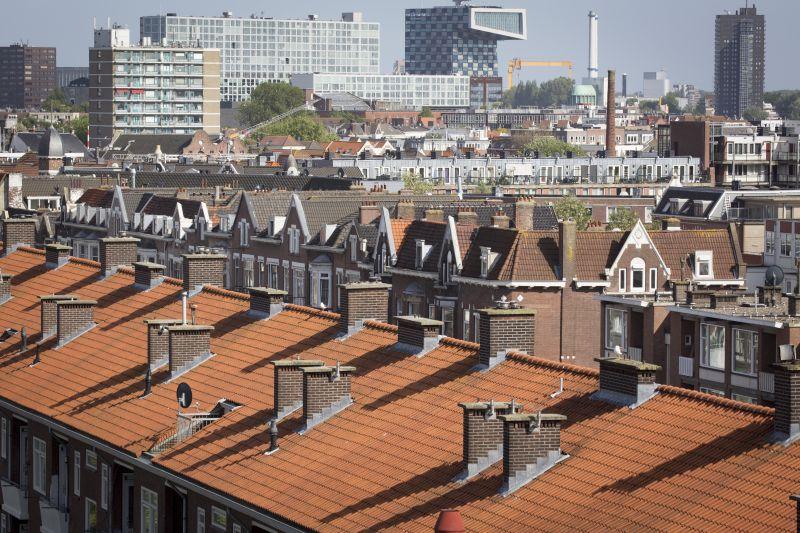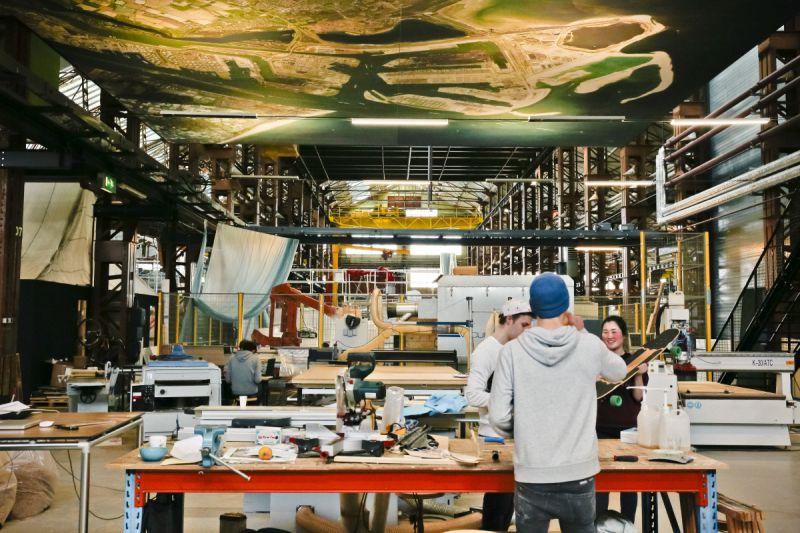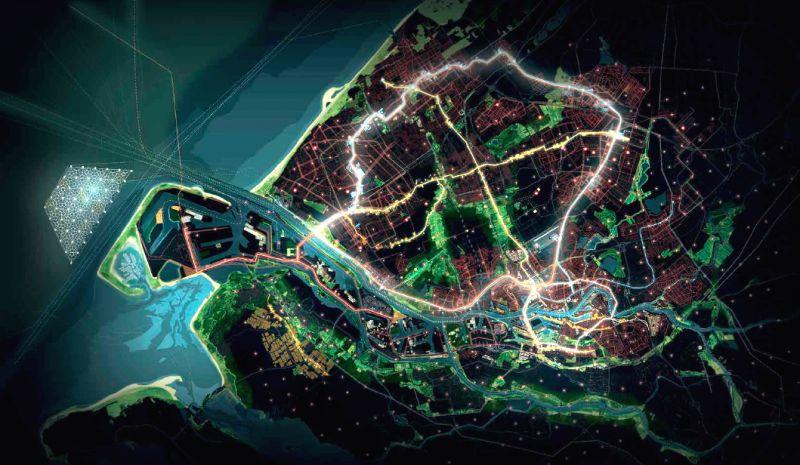In 2018, and in the context of IABR–Atelier Rotterdam, Team1010 examined ways to take the next step in M4H’s transformation into a breeding ground for the circular manufacturing industry at IABR–Test Site M4H+. How can area development in M4H contribute to Rotterdam’s ambitious goals to realize a fully circular society with closed material cycles by 2050? Which test projects and which coalitions can help this development take shape? And how can sustainable area development be combined with the position of Rotterdam as a global port, and, as such, a hub for the huge amount of raw materials, waste, and semi-finished products that traverse the region? In a circular economy, these flows will have to be shortened, valorized, and eventually closed. The degree to which this is achieved depends on local capacities, skills, people, and places.
For its research, commissioned by IABR, the City and the Port of Rotterdam, Team1010 took the drive and strength of the parties that are already active in the area as its starting point. Entrepreneurs were first asked about their ‘maker story,’ ‘growth story,’ and ‘circular story,’ and subsequently about their aspirations: What do you need for your company to flourish in the circular economy? The – extensive – talks with stakeholders and experts continued during IABR–2018, when three circular chains – the agrifood & biohub, the building materials bank, and a textile refinery – were investigated to identify concrete opportunities.
In June 2019, the publication Wat Heb Je Nodig? (What Do You Need?) was presented, in which Team1010 demonstrates how a city harbor like M4H can in fact develop into a breeding ground for a circular manufacturing industry. By actively forging coalitions and stimulating the debate in the area, the team furthermore made the taking of further steps possible. It also developed a methodology that is applicable in other locations, a method that aims to address the missing link between ambitions and their realization, and thus to help bridge the gap between plans and projects.
